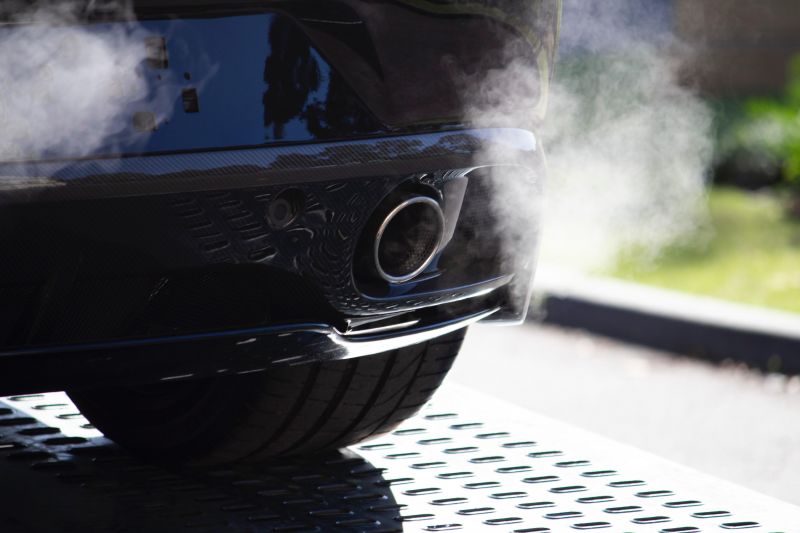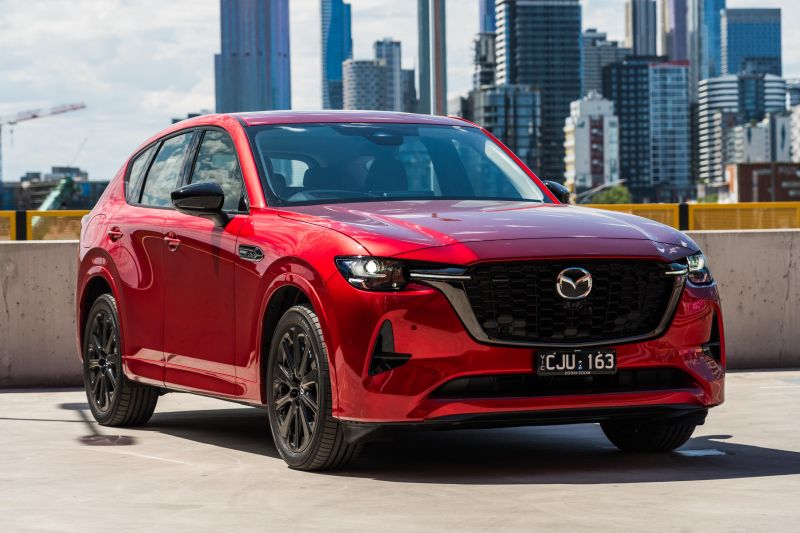The Albanese Labor Government has struck a deal with the Greens to secure passage of its new vehicle emissions regulations through Parliament.
The Greens have agreed to pass the New Vehicle Efficiency Standard (NVES), in exchange for the Government agreeing to scrap an amendment that could fast-track gas project approvals.
The bill is expected to pass through the Senate this week.
The proposed vehicle emissions regulations originally faced criticism from manufacturers including Mazda, but have subsequently been watered down.
Though the Greens largely agreed with the NVES legislation, the party was hesitant in formally declaring its support while a separate amendment fast-tracking gas project approvals threatened to undermine the progress achieved by reducing car emissions.
With the compromise on gas project approvals, the Greens have agreed to pass the NVES and separate reforms to taxes on offshore gas unamended.
The NVES will set an average carbon emissions limit on the vehicles carmakers sell each year.
Carmakers will be penalised $100 per g/km on every vehicle which exceeds the carbon dioxide emissions targets from July 1, 2025, with the emissions ceiling to be lowered each year to force them to sell increasingly lower-emission vehicles.
The Government’s initial preferred option for the NVES would have lumped all SUVs in the same category as passenger cars, however that was amended to included “heavy off-road passenger vehicles” in a “Type 2” category alongside utes, vans, and large pickups.
This includes large body-on-frame SUVs like the Toyota LandCruiser and Nissan Patrol.
The Type 1 category includes “light off-road passenger vehicles”, as well as passenger cars and people movers.
CO2 limits differ between Type 1 and Type 2 category vehicles, which means carmakers will still be able to sell large combustion-powered utes and SUVs, but will need to offset them with more efficient vehicles.
Mazda Australia marketing director Alistair Doak earlier this month told CarExpert the automotive industry was generally “happy” to see the revisions to the scheme.
“We’ve always said we welcomed a plan, a solid plan so we can actually start preparing and working towards those numbers,” he said.
“We’ll be working as hard as possible to meet the regulation and the expectation that’s set.”
MORE: All our coverage on the New Vehicle Efficiency Standard










